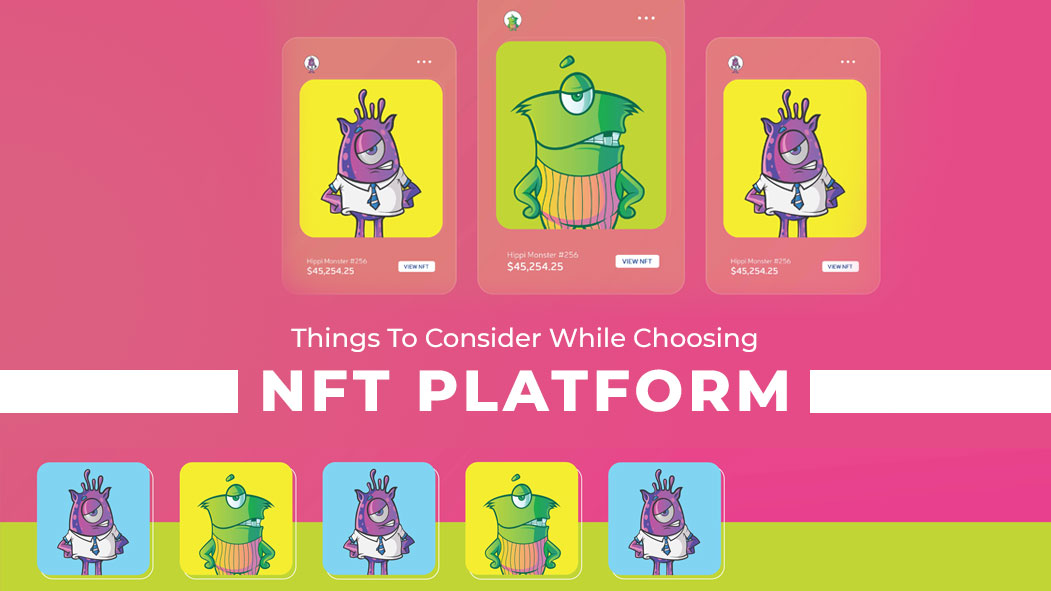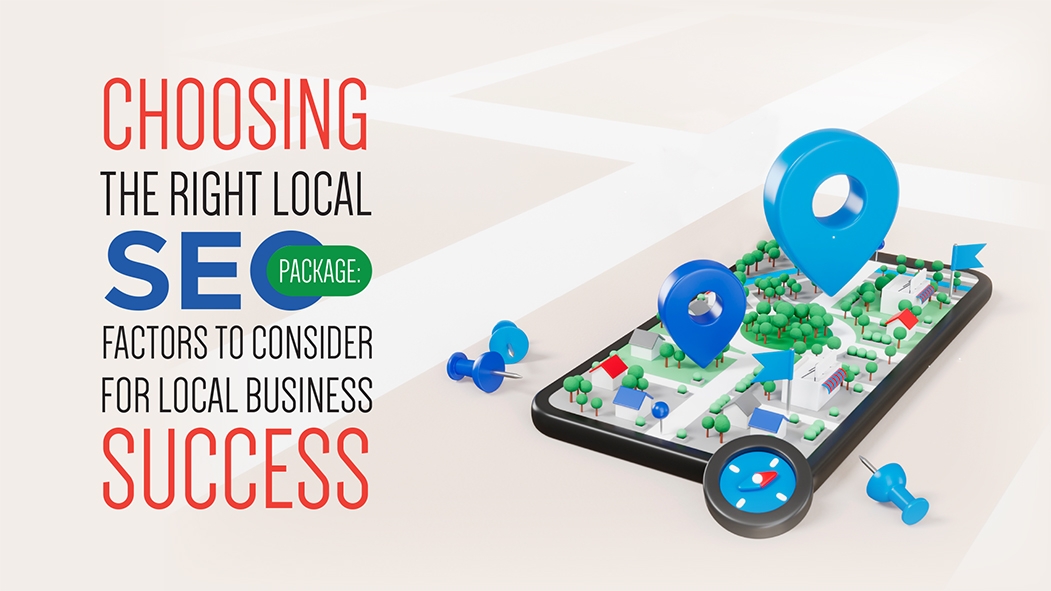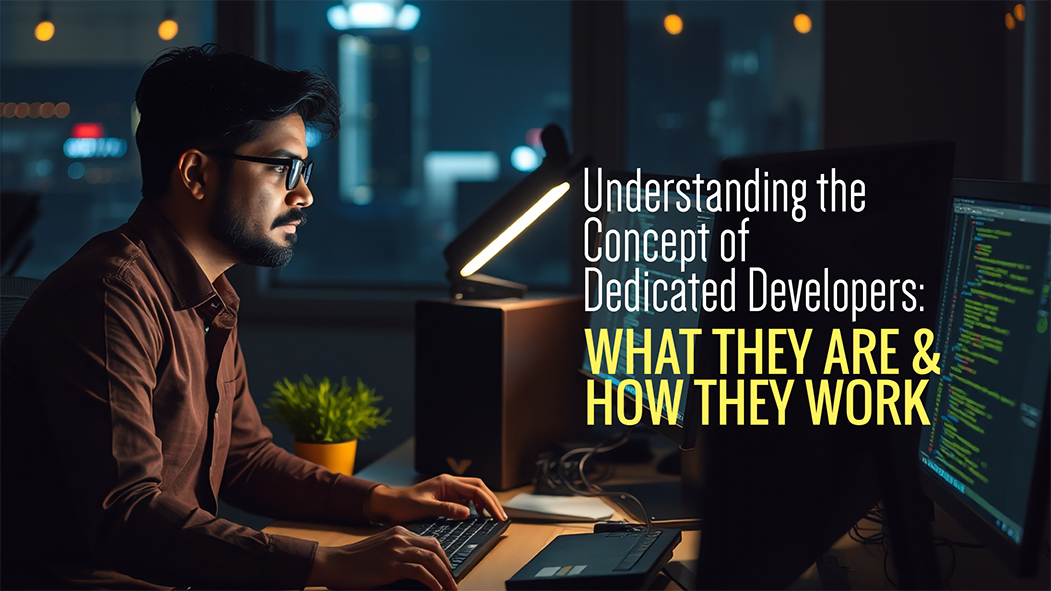June 16, 2022

This year, non-fungible tokens (NFTs) seem to have emerged from the vacuum of space. The digital assets are being sold like exotic antiques from the 17th century, some costing huge amounts of money. Art and music are among them, as are tortillas and cleaning supplies.
Before we look at the many factors to consider when selecting a platform for NFT development, it's necessary to define what a non-fungible token actually is.
What Is NFT?
A Non-Fungible Token (NFT) is a one-of-a-kind digital token that is permanently associated with a work of art and signed with the artist's name. It guarantees that the item is authentic and belongs to its rightful owner. It is a digital representation of the real artwork, music, video, and in-game material. The term "non-fungible" simply denotes that anything is one-of-a-kind and cannot be replaced with another.
These items have been bought and traded online, often using cryptocurrency, and they have been encrypted with the same technology as other cryptos. Money, for example, is fungible, meaning it can be traded for another rupee.
NFT Development Use Cases
Many blockchain businesses are developing non-fungible token exchanges in the aftermath of the NFT gold rush. NFTs can be minted, traded, auctioned, and collected by artists, digital makers, and musicians.
It's crucial to remember, though, that not every marketplace is created equal. Your NFT demands and artistic choices will determine which solution is ideal in either scenario.
If your firm is considering developing an NFT, you should be aware of the many NFT development use cases. Non-fungible tokens can be used in a variety of ways, but only a few will be appropriate for businesses trying to increase revenues.
What Can You Consider?
- Video NFTS
- Audio NFTs
- Digital Art NFTs
- Gaming NFTs
- Real Estate NFTs
- Entertainment NFTs
And so on.
What Is Blockchain?
It will suffice to refer to blockchain technology as the crypto space's true game-changers. This incorruptible virtual ledger is dispersed across multiple networks, and all data stored on blockchain is verified by computers linked to that network. Transparency, privacy, and top security are all features of blockchain technology.
What Factors Should You Take Into Account When Selecting The Ideal Blockchain For NFT Development?
When looking for the ideal blockchain for NFT marketplace development, there are a number of factors to consider. Here, we'll tell you what to look for in an NFT marketplace so you can make an educated, regret-free selection. Here are some things to think about:
1. Speed and Agility of Transaction
Speed is one of the most important determinants of a digital system's success, especially when it comes to domain transfers and storage value.
The transaction speed of the blockchain has a significant impact on the success of your NFT project as well as transaction expenses. When a blockchain platform with low throughput is employed, for example, users will be required to pay greater fees to miners in order for their transaction to be prioritized over others.
However, speed should not be exchanged for low levels of security or large expenses, as is the case with many blockchains, so keep that in mind.
2. Security
A variety of attack possibilities can make blockchains insecure. Losing access, data, and money are all unavoidable consequences of such an attack. If that happens, decentralization is ultimately jeopardized.
Security is extremely important, especially when the organization or corporation deals with sensitive information. Furthermore, platforms using proof of work (PoW) consensus processes are vulnerable to attacks, with attackers gaining control of the majority of the network's computational capacity. To avoid security breaches, select a blockchain platform with a proven track record of upholding security standards.
3. Cost Of Transaction
In addition to the previously mentioned factors, cost-effectiveness is another factor to consider before and during the selection of a blockchain for your NFTs venture.
When making NFT-based transactions, you will need cost-effective solutions because they won't always involve trading in million-dollar art items. Micro-transactions, on the other hand, can account for a significant portion of NFT-based transactions, and they can include things like poker games, digital artifacts, collectibles and in-game digital assets.
Low transaction costs are critical for NFTs to gain widespread acceptance. Not every piece of NFT art or asset will be sold for a high price. Why pay large transaction fees if an item isn't expensive? There is a requirement for you to reduce blockchain development costs, especially in NFT. As a result, the blockchain platform's cost structure for NFTs must be carefully considered.
4. Effectiveness of Smart Contracts
When it comes to the total security provided by blockchain technology, the resilience of its smart contracts is a crucial element. For this reason, writing bug-free, efficient, and safe code is essential.
Smart contracts are used by NFTs platforms to negotiate the parameters of trade between vendors and purchasers. Smart contracts must be tested to achieve the best level of resilience and efficiency on your blockchain, because only then can NFT marketplace developers and users be guaranteed of the lowest possible risk of hacks, intrusions, and outages.
5. Scalability
On the blockchain, scalability refers to a platform's ability to process a large number of transactions per second (TPS). You should investigate the transaction capabilities of any blockchain before working on it. Three important considerations must be considered when considering blockchain scalability: decentralization, safety, and speed. This is known as the Scalability Trilema, and you must achieve at least two of the three criteria.
What Are The Best Blockchains To Use For NFT Development?
We will now evaluate some of the possibilities that best fit the bill now that we've looked at some of the important variables to consider when it comes to identifying the ideal blockchain for NFT development:
1. Ethereum
We present you with the most extensively used and popular NFT blockchain. Ethereum is without a doubt the king of NFTs. Since it was one of the earliest, this blockchain technology has been used for NFT applications. Ethereum has specifications for all types of smart contracts. It is one of the simplest NFT platforms to use that offers great reliability and scality.
2. Tezos
Tezos is a proof-of-stake blockchain with smart contracts. It's a scalable, stable, and speedy network with very low fees. Tezos is gaining traction in the NFT ecosystem thanks to its low transaction costs and fast speeds. This blockchain is still in its early stages, but it is worth considering.
3. Flow
Flow is a developer-friendly blockchain that can be used to create digital assets and marketplaces. Through upgradeable smart contracts, this blockchain technology aims for scalability. For consensus, collection, execution, and verification, Flow employs a multi-node architecture.
As you can see, NFTs are a significant part of the cryptocurrency market, and blockchains are critical to NFT projects and services. From speed to security to cost, and many other factors, it is critical to carefully analyze everything we've discussed so far to ensure that the blockchain you choose for your NFT is reliable and efficient. You can contact Webmantra if you require any support in this respect.

 Academy
Academy






